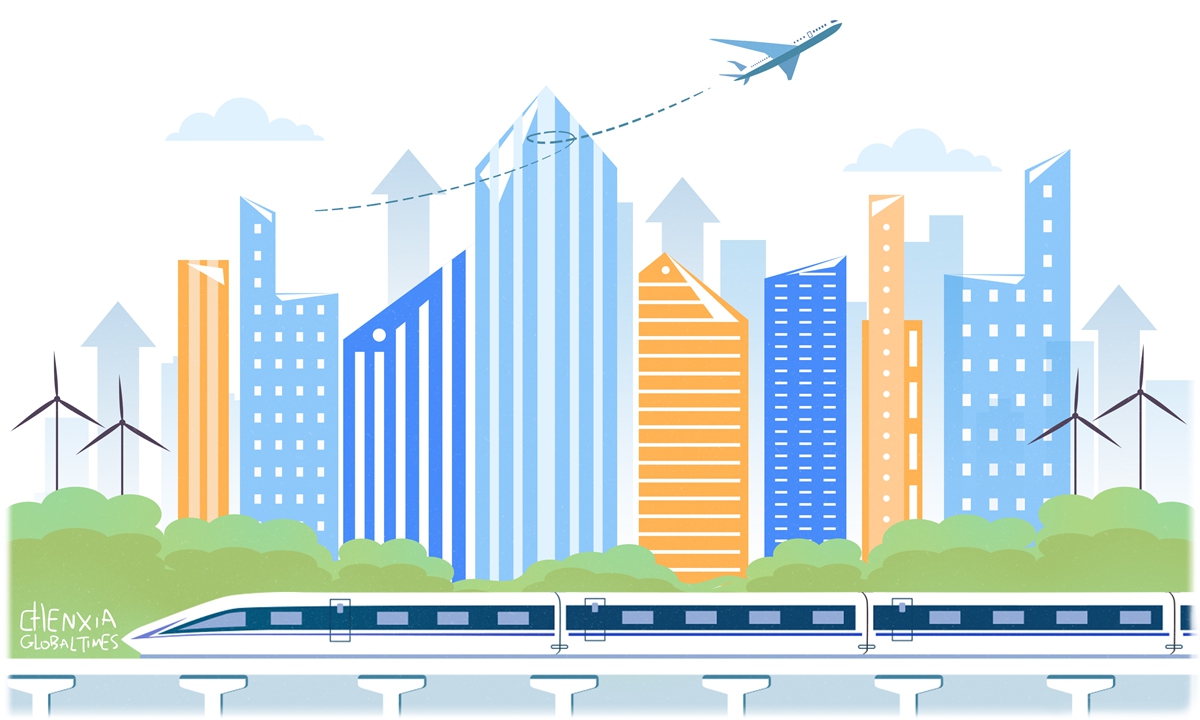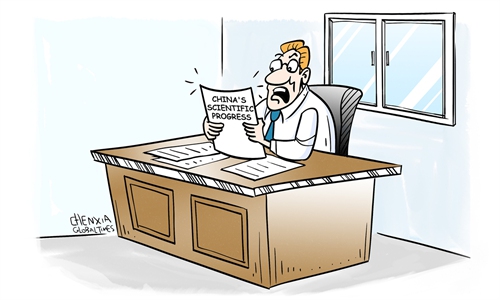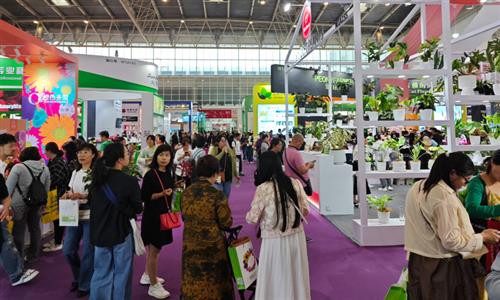
Illustration: Chen Xia/GT
Entering July, Chinese people's expectations will be running high as the Communist Party of China (CPC) will convene the third plenary session of its 20th central committee on July 15. Since 1978, the CPC's third plenums have typically focused on launching new waves of systemic reform, which have helped pave the way for the country's meteoric rise in economy and comprehensive national strength.
A holistic package of new reform plans is expected to come out of the upcoming third plenum scheduled from July 15 to 18. For instance, China will do its utmost to complete the building of a high-standard socialist market economy by 2035, China Media Group reported on Thursday.
The plenary session of great importance will thoroughly analyze the new domestic and international situations that will impact China's path to progress and prosperity, and decide on a flurry of well-coordinated arrangements for further deepening reform - the source of China's modernization, according to some observers.
The key priorities before the policymakers will most likely go to advancing homegrown technology innovation and fostering new quality productive forces, as well as reforming the country's policies governing population, education, medical care, real estate, local government debt, rural vitalization and financial market stability and growth.
China's stock market rallied on Friday, buoyed by investor confidence in the meeting and the expected reform plans to be mapped out by the third plenum. As always, China's commitment to reform and opening-up is an important driver of the country's growth prospects, and market investors are upbeat that new business opportunities will likely prop up and push forward the Chinese market.
As anticipated by the market, China's new growth paradigm will continue to evolve, centering on inspiring technological innovation, developing new quality productive forces, and fostering new growth drivers and growth patterns enabled by innovation.
Deepening digitalization and making the most of the latest technologies, including artificial intelligence (AI), robotics and quantum computing, to renovate and upgrade traditional sectors like manufacturing, agriculture and services, are widely expected to guide China's modernization drive in the coming decade.
As one important segment of technological innovation, China needs to vigorously promote low-carbon development and green transition, by expanding the country's current advantages in new energy exploration, and resolutely curtailing fossil fuel consumption across the board in the country.
As the planet gets hotter each passing day because of the climate change, China, as a responsible major country, is taking the lead in reducing greenhouse gas emissions. It is a grand task China has undertaken, despite some Western countries' intentional obstruction, which includes levying high tariffs on Chinese electrical vehicles (EVs).
China is taking even greater efforts for this green transition. Such efforts will underpin China's commitment to carbon neutrality before 2060, and at the same time create new dynamics for long-range battery innovation and high-end EV production as Chinese market demand for EVs soars.
China's future development is widely expected to be marked by high-quality development, supported by high-tech innovation, high-end manufacturing and full-fledged industry and supply chains that are unparalleled in the world.
Facing a very complicated global geopolitical environment, China needs to ramp up investment in innovation and harness the country's science and technology forces to foster more tech breakthroughs and develop new quality productive forces, in order to fend off growing external risks.
The US government, increasingly anxious about losing its remaining industrial advantage to China, will likely harden its pace of trade and investment protectionism and anti-globalization by blocking exports of its technology and products to China.
In stark contrast, China is raising the banner of globalization and global inclusive development, by embracing broader economic integration with other economies - China's neighbors and the Global South developing economies in particular. The Belt and Road Initiative (BRI) will help this integration. China's numerous innovations in high-end infrastructure, AI, mobile networking, renewable energy and space technology, and more industrial fields could be shared with its BRI partners to aid their fast development.
And, the third plenum is expected to reiterate the country's long standing policy stance on high-level opening-up and welcoming foreign investment, backed with easier visa policy and wider access to China's market.
Naturally, foreign investors could move to seize the new opportunities arising from China's pursuit of technology innovation, green transition, and deepening reforms in fields related to people's livelihood, including education, insurance, bio-medicine and elderly care.
New policies guiding other important sectors are also expected, like overhauling the country's real estate sector, restructuring local government debts, promoting population growth, and reforming the household registration system. To create better conditions, including direct financial rewards and education subsidies, for the millennial and Generation-Z to give birth to more children is of great importance, which is tethered to the country's future development and national security.
Knowingly, the Chinese government has pledged to take a systemic perspective to handle major relationships, such as between the economy and society, government and market, efficiency and equity, vitality and order, development and security.
After more than 40 years' reform and opening-up, Chinese policymakers are becoming both astute and experienced in managing a giant economy like China's. Encouraging new baby births and larger families, providing them with the best education, focusing on technology innovation, and incessantly building up new quality productive forces, and forming friendly partnerships with China's neighbors and the Global South, will set the anchor for China's growth, regardless of the reckless disruption attempts by a few Western countries.
The author is an editor with the Global Times. bizopinion@globaltimes.com.cn



